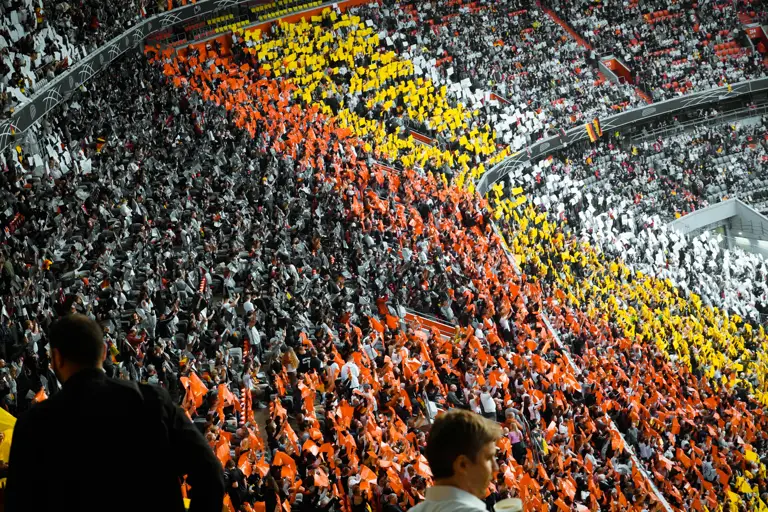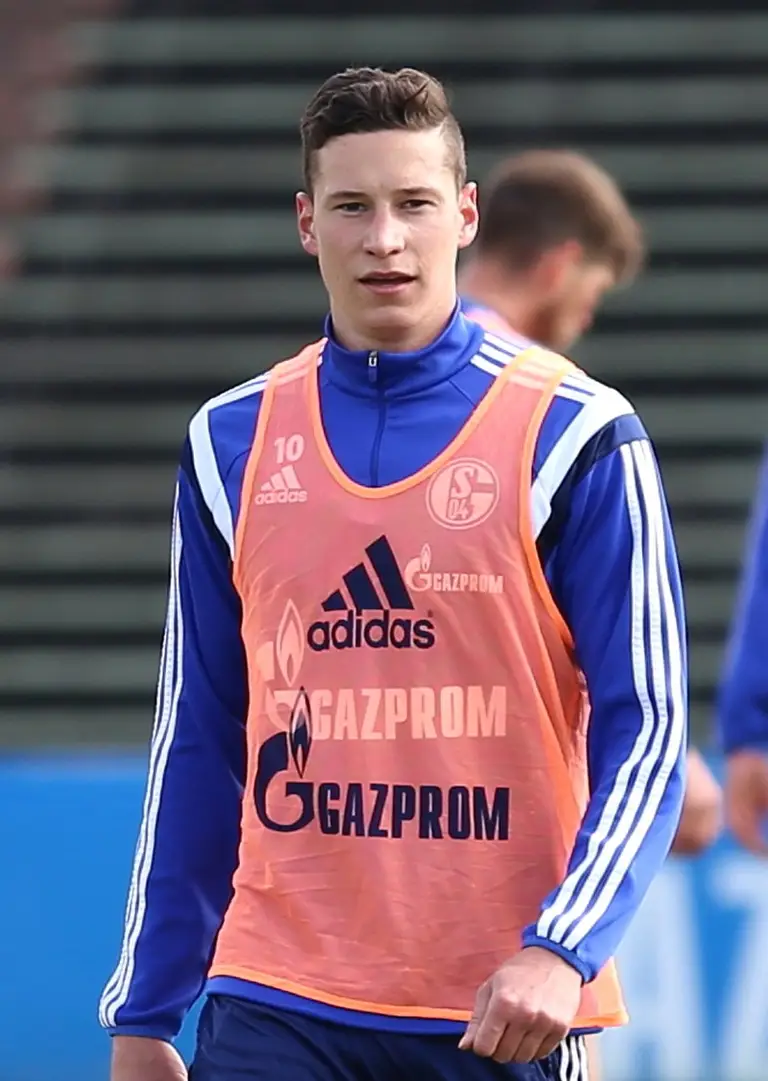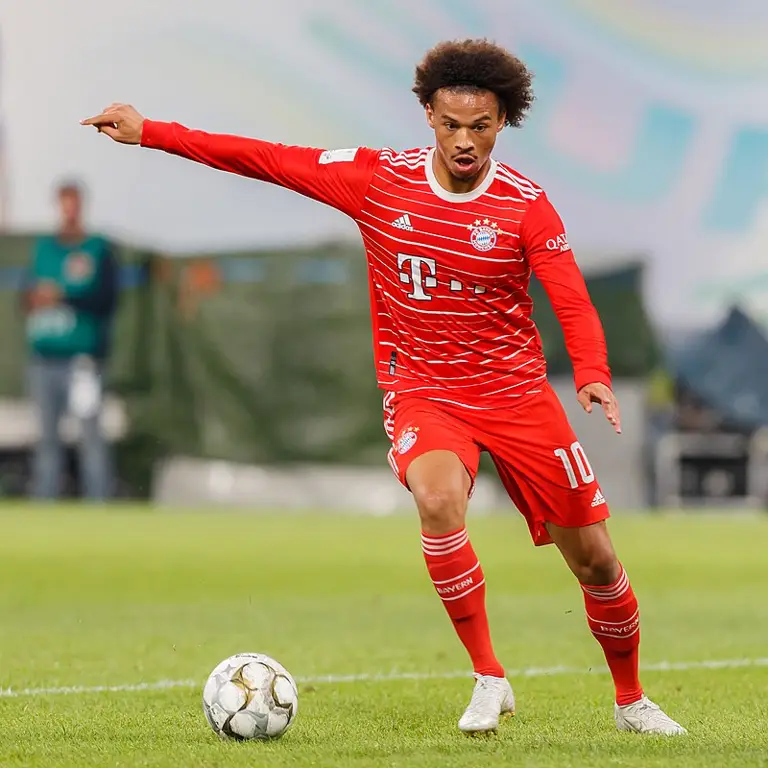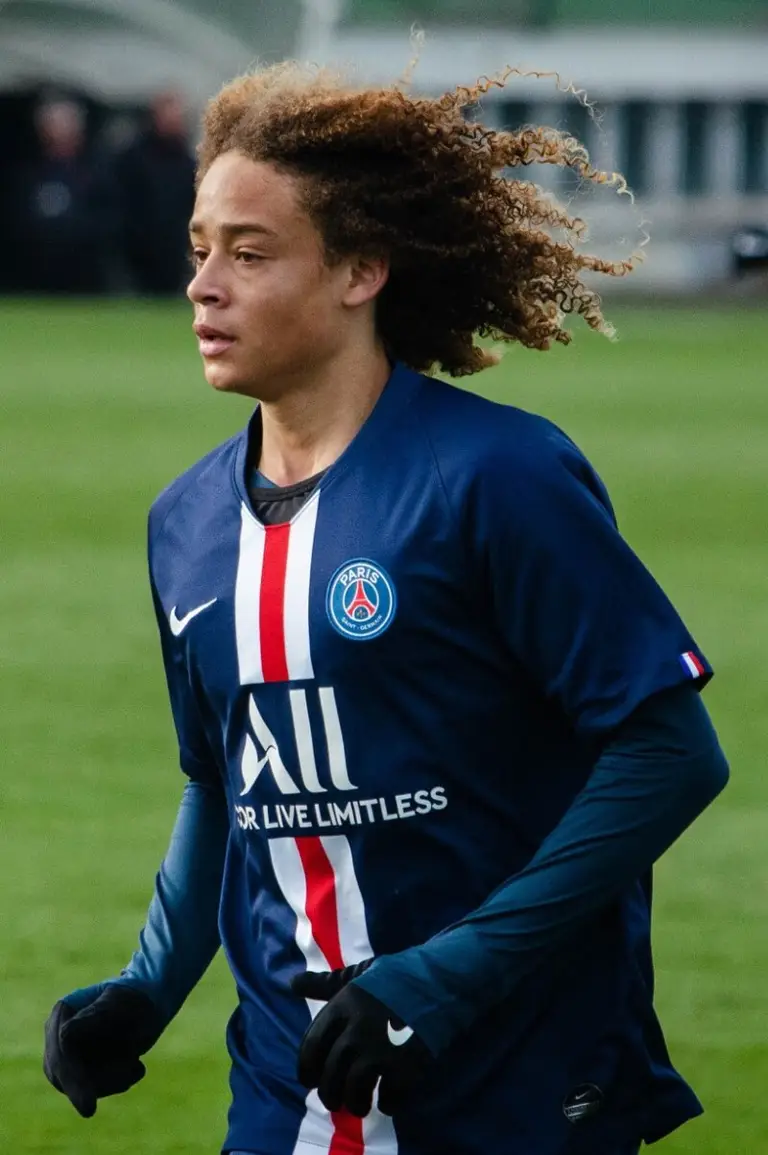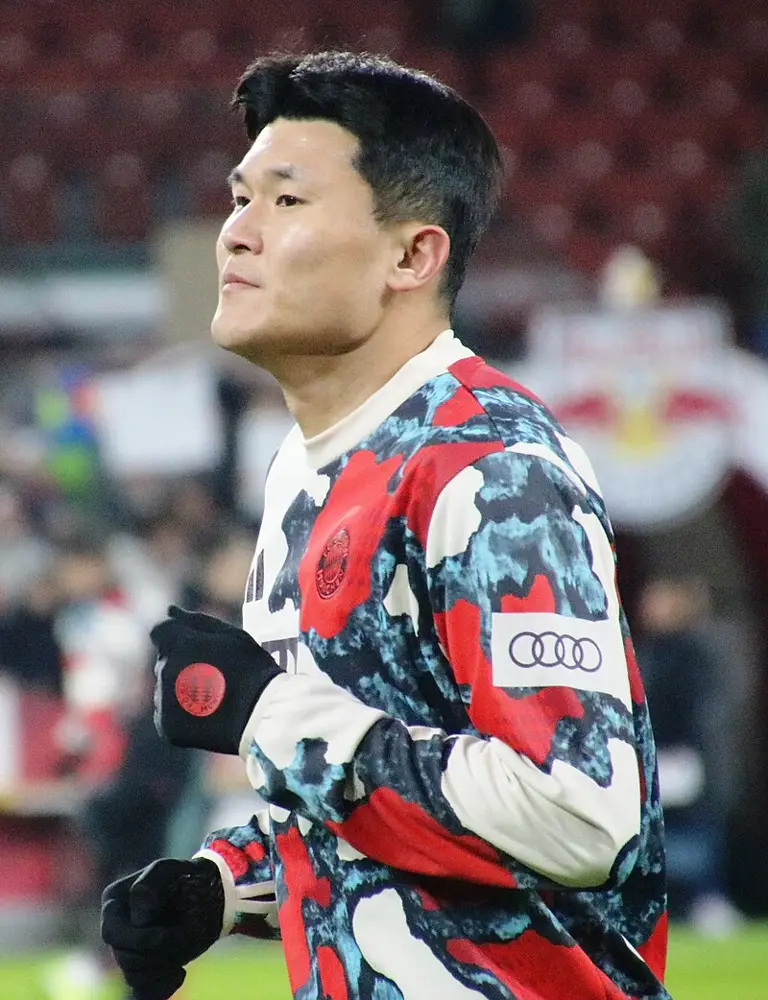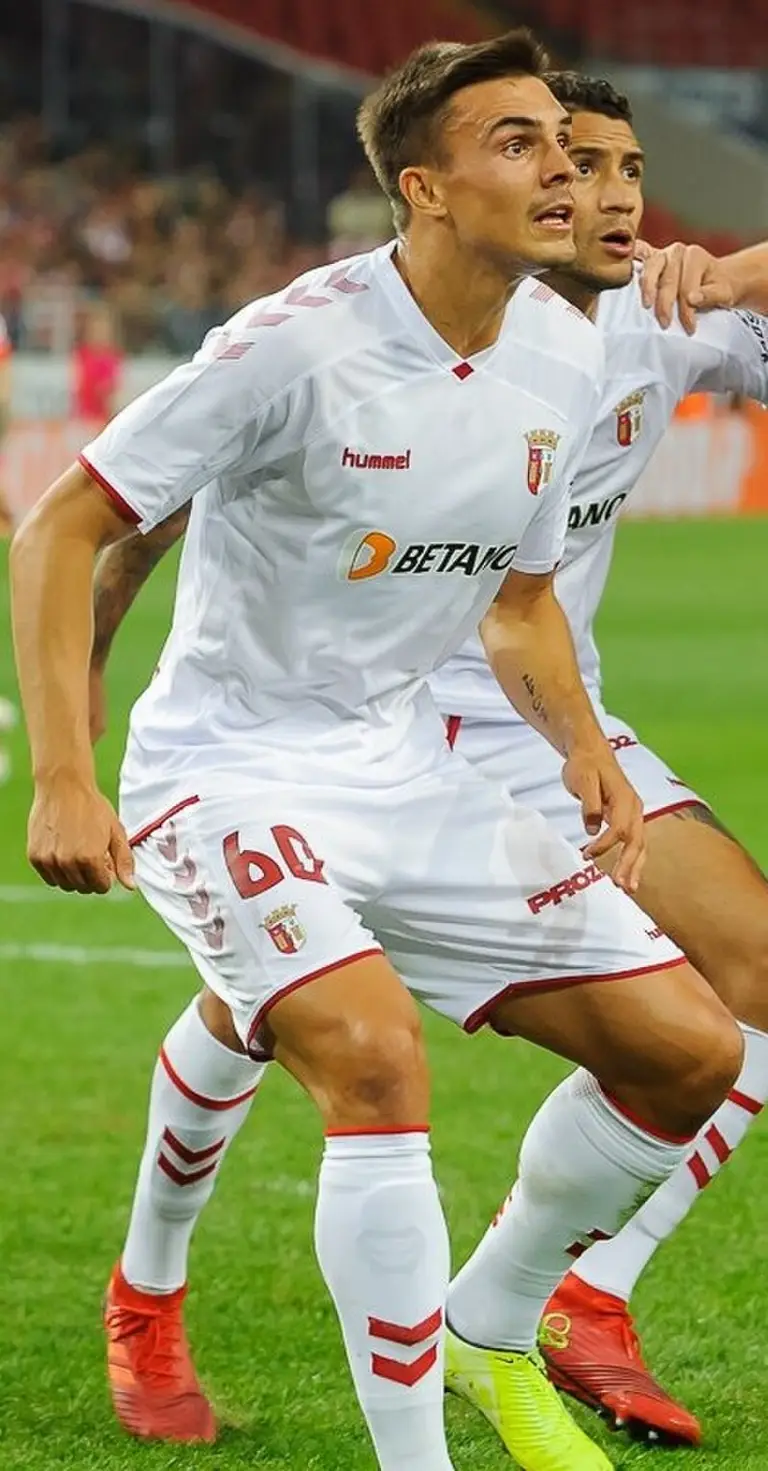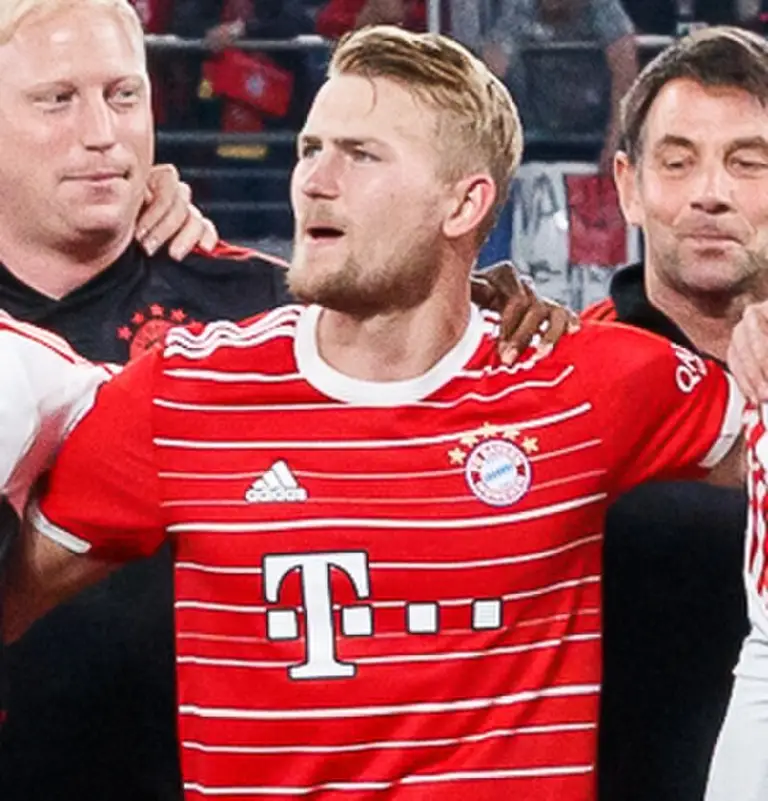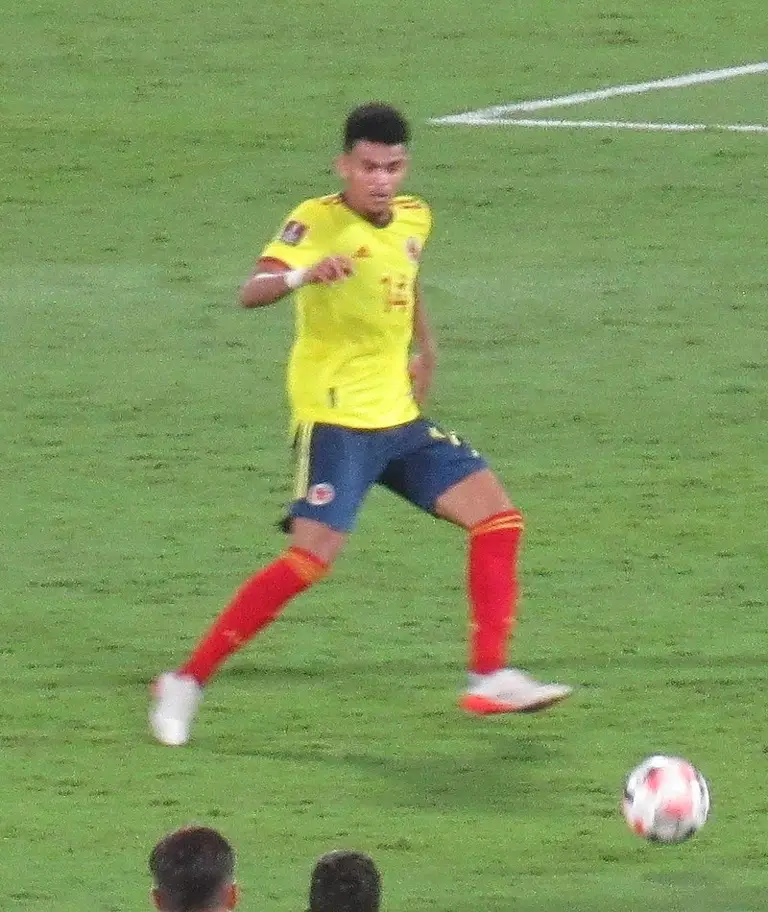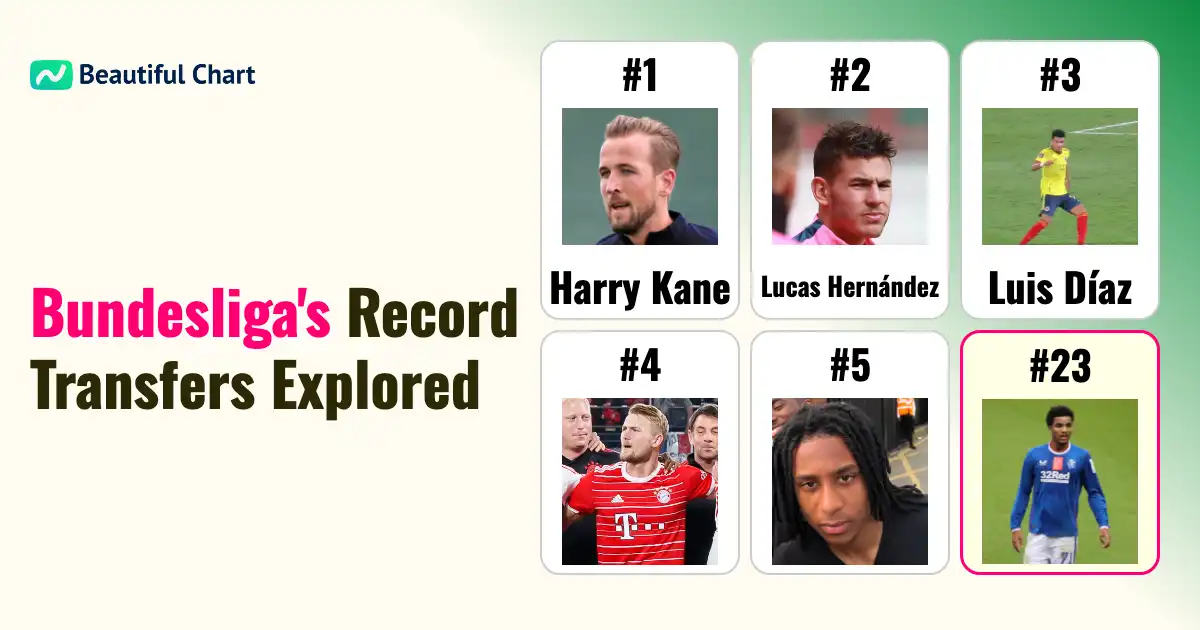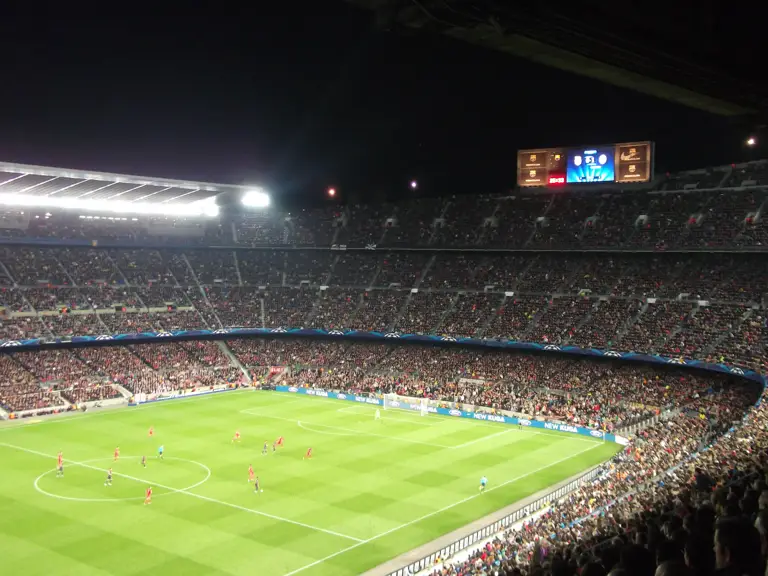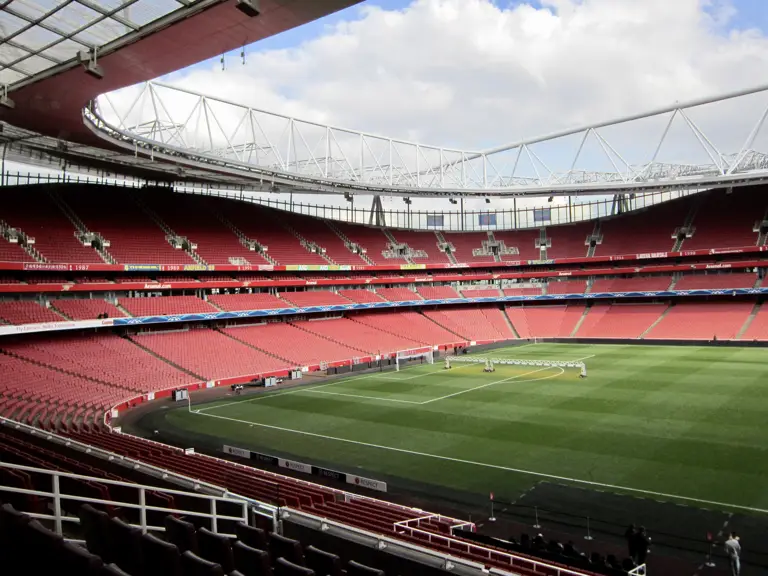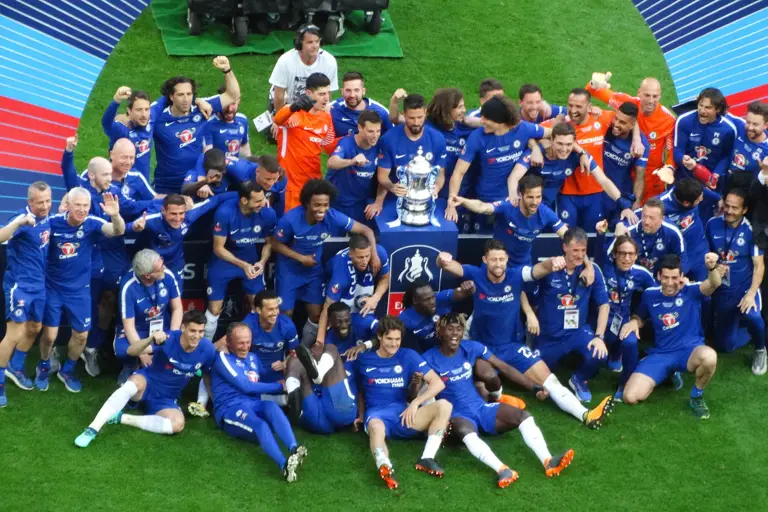
Bayern's Shopping Spree: Unpacking the Bundesliga's Most Expensive Signings Ever!
- ASUMUP
- Sports / Soccer
- September 1, 2025
The German Bundesliga is often celebrated for its sensible financial rules and passionate fan culture, standing in stark contrast to the wild spending seen in other top European leagues. However, that doesn't mean the league is immune to blockbuster transfers that capture the world's attention. When a Bundesliga club, particularly the titan that is Bayern Munich, decides to open its wallet, it's always a major event.
This list of the most expensive signings in the league's history is a testament to that, and you'll notice a very, very dominant theme: Bayern Munich's checkbook. From legendary English strikers to World Cup-winning defenders and dazzling young wingers, the record books are filled with players brought in to ensure the Bavarian giants' continued dominance. We're going to break down the top 10 biggest transfers that have shaped the Bundesliga, exploring the stories behind the eye-watering fees and whether the investments truly paid off.
Bundesliga's BIGGEST Buys
- #1 Harry Kane - €95M
- #2 Lucas Hernández - €80M
- #3 Luis Díaz - €70M
- #4 Matthijs de Ligt - €67M
- #5 Michael Olise - €53M
- #6 João Palhinha - €51M
- #7 Kim Min-jae - €50M
- #7 Xavi Simons - €50M
- #9 Leroy Sané - €49M
- #10 Julian Draxler - €43M
- #19 Malik Tillman - €35M
#19 Malik Tillman - €35M
American international Malik Tillman is set to make a massive move within the Bundesliga landscape, with Bayer 04 Leverkusen securing his services from PSV Eindhoven for a projected €35M. After a stellar season in the Eredivisie where he was a key creative force, Tillman proved his goal-scoring ability and playmaking vision from midfield. This transfer signifies Leverkusen's intent to build on their historic success and reinvest wisely in top young talent to compete on all fronts.
For the USMNT, this is another huge moment, as one of their key attacking players secures a high-profile transfer to a Champions League-caliber club. Tillman's continued development, potentially under a world-class coach, is highly anticipated by American soccer fans. The move demonstrates the growing influence and market value of top American players in Europe's elite leagues, validating the progress of the sport in the US.
#10 Julian Draxler - €43M
This transfer stands out as it's the only one in the top ten not involving Bayern Munich. In 2015, VfL Wolfsburg reinvested the money from Kevin De Bruyne's sale to Manchester City by making a massive €43 million splash to sign Julian Draxler from league rivals Schalke 04. At the time, Draxler was considered one of Germany's most gifted young talents, a graceful and creative attacking midfielder.
The move was a huge statement of ambition from Wolfsburg, intended to establish them as a consistent challenger to Bayern's throne. While the team had some success, the partnership never fully reached the heights many had hoped for, and Draxler eventually moved on to PSG after a relatively short spell. Nevertheless, the transfer remains a landmark moment as one of the largest ever conducted between two German clubs.
#9 Leroy Sané - €49M
The return of German international Leroy Sané to his home country was a transfer years in the making. After a trophy-laden spell with Manchester City, Bayern finally secured their long-term target for €49 million, seeing him as the heir to the iconic wing duo of Arjen Robben and Franck Ribéry. Sané brought his blistering pace, close control, and a thunderous left-foot shot back to the Bundesliga.
His career at Bayern has been characterized by moments of absolute genius mixed with periods of frustrating inconsistency. However, on his day, he remains one of the most devastating and unstoppable attacking players in the world. He has been a crucial part of several title-winning campaigns and remains a key figure for both his club and the German national team.
#7 Xavi Simons - €50M
A product of Barcelona's La Masia and PSG's academy, Xavi Simons is one of the most electrifying young talents in European football. After a sensational loan season at RB Leipzig where he took the Bundesliga by storm, the club made a massive statement by securing him on a permanent deal for a reported €50 million. This transfer represents a club-record investment for Leipzig and a clear signal of their intent to permanently challenge for the title.
Simons is the creative heart of his team, a versatile attacking midfielder who can score, assist, and change a game with a moment of brilliance. For RB Leipzig, he is more than just a player; he is the centerpiece of their entire project, the superstar they are building around. This move not only keeps one of the league's brightest lights in Germany but also solidifies Leipzig as a major player in the European transfer market.
#7 Kim Min-jae - €50M
After an absolutely colossal season where he led SSC Napoli to their first Serie A title in over three decades, Kim Min-jae was arguably the most in-demand center-back in the world. Nicknamed 'The Monster' for his aggressive style and incredible physique, he was crowned Serie A's Best Defender. Bayern Munich acted decisively, activating his €50 million release clause in what was widely considered a masterstroke of a deal.
His debut season in Germany was a period of adaptation to a new league, language, and tactical system, but he showcased the raw defensive attributes that made him so coveted. He provided aggression and front-foot defending, becoming a key part of the defensive rotation. The transfer highlighted Bayern's sharp strategy of identifying and acquiring top-tier talent from other major European leagues at the peak of their value.
#6 João Palhinha - €51M
The transfer of João Palhinha to Bayern Munich was a saga filled with drama, culminating in a €51 million move a year after it first collapsed at the eleventh hour. The Portuguese midfielder had established himself at Fulham as one of the Premier League's, and indeed Europe's, most elite ball-winners. His signing was the result of a long and public pursuit by Bayern to find a true defensive midfield anchor.
Renowned for his incredible tackling statistics and relentless defensive work, Palhinha was brought in to provide the midfield steel and balance that the team was critically missing. He is a specialist 'number 6' tasked with protecting the backline, breaking up opposition attacks, and liberating Bayern's more creative players to focus on offense. This transfer was about finally filling a specific, crucial role with one of the best in the business.
#5 Michael Olise - €53M
Bayern Munich won a heated race against several Premier League giants to sign Michael Olise from Crystal Palace for a reported €53 million. The French winger was one of the most exciting and productive young talents in England, dazzling audiences with his sublime skill, creativity, and a wand of a left foot. His signing is seen as a major coup for Bayern, adding a different, more unpredictable dimension to their star-studded forward line.
The move in the 24/25 season signifies a focus on acquiring dynamic, high-ceiling wingers to complement their established stars like Kane and Musiala. Olise is not just a player for the future; he is expected to make an immediate impact and challenge for a starting role. His development under the intense pressure of a club like Bayern will be a fascinating storyline for the entire Bundesliga season.
#4 Matthijs de Ligt - €67M
After captaining the Ajax team that captivated Europe on a magical Champions League run, Matthijs de Ligt was one of football's hottest properties. Following a spell at Juventus, Bayern Munich swooped in and paid €67 million to make him the new leader of their defense. The club saw him as a foundational piece for the future, valuing his leadership qualities, physical dominance, and comfort on the ball.
De Ligt quickly established himself as a commanding presence in the heart of Bayern's backline, known for his no-nonsense defending and crucial goal-line clearances. While facing stiff competition for a starting spot, his quality has been undeniable, and he provides a vocal leadership that the team sometimes lacks. The significant investment underscores Bayern's long-term strategy of securing elite defensive pillars to build their team around.
#3 Luis Díaz - €70M
In what is projected to be a groundbreaking transfer for the 25/26 season, Bayern Munich has lined up a €70 million deal to sign Colombian winger Luis Díaz from Liverpool. Prying away a premier attacking talent from a direct European rival like Liverpool is a massive power play in the modern transfer market. Díaz's explosive pace, relentless dribbling, and work rate made him a fan favorite at Anfield and a nightmare for defenders across the Premier League.
This move signals Bayern's commitment to continually refreshing their attack with world-class talent to maintain their status as a European superpower. The signing is an enormous investment in a player in his prime, intended to provide a new dynamic and source of goals from the wing. All eyes will be on how the Colombian superstar adapts to the Bundesliga and shoulders the weight of his colossal price tag.
#2 Lucas Hernández - €80M
In 2019, Bayern Munich made a massive statement of defensive intent by triggering Lucas Hernández's €80 million release clause at Atlético de Madrid. As a reigning World Cup winner with France, the versatile defender was one of the most sought-after defensive players in the world, capable of playing both at center-back and left-back. This fee was a Bundesliga record at the time, showcasing Bayern's ambition to build an impenetrable backline for their European campaigns.
Unfortunately, his tenure at Bayern was a story of great triumph marred by persistent and serious injuries that limited his playing time. Despite the fitness setbacks, he was part of the historic sextuple-winning squad and contributed significantly when he was on the pitch. His eventual transfer to Paris Saint-Germain left behind a complex legacy of a world-class talent whose full potential in Germany was hampered by his body.
#1 Harry Kane - €95M
The arrival of Harry Kane in the summer of 2023 wasn't just a transfer; it was a seismic event that shattered the Bundesliga's transfer record. After years of speculation and becoming Tottenham Hotspur's all-time leading scorer, England's captain made the €95 million move to Bayern Munich in a clear pursuit of long-elusive club trophies. The pressure was immense, as he was brought in to be the final piece of the puzzle for a team with perennial Champions League aspirations.
Despite the team's surprising failure to win the league title in his debut season, Kane's individual performance was nothing short of spectacular, as he broke scoring records left and right. His signing represented a major strategic shift for Bayern, demonstrating their willingness to compete with Europe's biggest spenders for a ready-made superstar. The move immediately paid dividends on a personal level, and he quickly became the undisputed focal point of their attack.
Other Posts in the Sports / Soccer
Categories
- National Rankings(43)
- Science & Technology(1)
- Sports(24)
- Economy(30)
- Society(12)
- Culture(7)
Recent Posts
![Bayern Spent HOW MUCH on Harry Kane?! Ranking Their Top 10 Biggest Signings Ever]() A deep dive into Bayern Munich's ten most expensive transfers, exploring how the club's spending strategy has evolved to chase European glory.
A deep dive into Bayern Munich's ten most expensive transfers, exploring how the club's spending strategy has evolved to chase European glory.![Arsenal's Record-Shattering Spree: From a €116M Gamble to a Flop, Who Was Worth the Cash?]() A deep dive into Arsenal's top 10 most expensive signings, analyzing the successes, the failures, and the massive fees that have defined the club's modern transfer strategy.
A deep dive into Arsenal's top 10 most expensive signings, analyzing the successes, the failures, and the massive fees that have defined the club's modern transfer strategy.![Chelsea Cashes In BIG TIME! Who Really Won the 25/26 Summer Transfer Window Money Game?]() A deep dive into the top 10 clubs that made the most money from player sales during the wild 25/26 summer transfer window.
A deep dive into the top 10 clubs that made the most money from player sales during the wild 25/26 summer transfer window.![Liverpool's Record-Breaking €483M Spree! Did They Just Buy the Premier League Title?]() A deep dive into the 25/26 summer transfer window reveals Liverpool's record-breaking spending spree as Premier League clubs continue to dominate the market.
A deep dive into the 25/26 summer transfer window reveals Liverpool's record-breaking spending spree as Premier League clubs continue to dominate the market.![You Won't Believe How Much a Loaf of Bread Costs in These Countries! (Spoiler: It's INSANE)]() This post explores the top 10 countries with the most expensive bread, revealing how factors like import reliance and tourism dramatically inflate the cost of this basic staple.
This post explores the top 10 countries with the most expensive bread, revealing how factors like import reliance and tourism dramatically inflate the cost of this basic staple.
